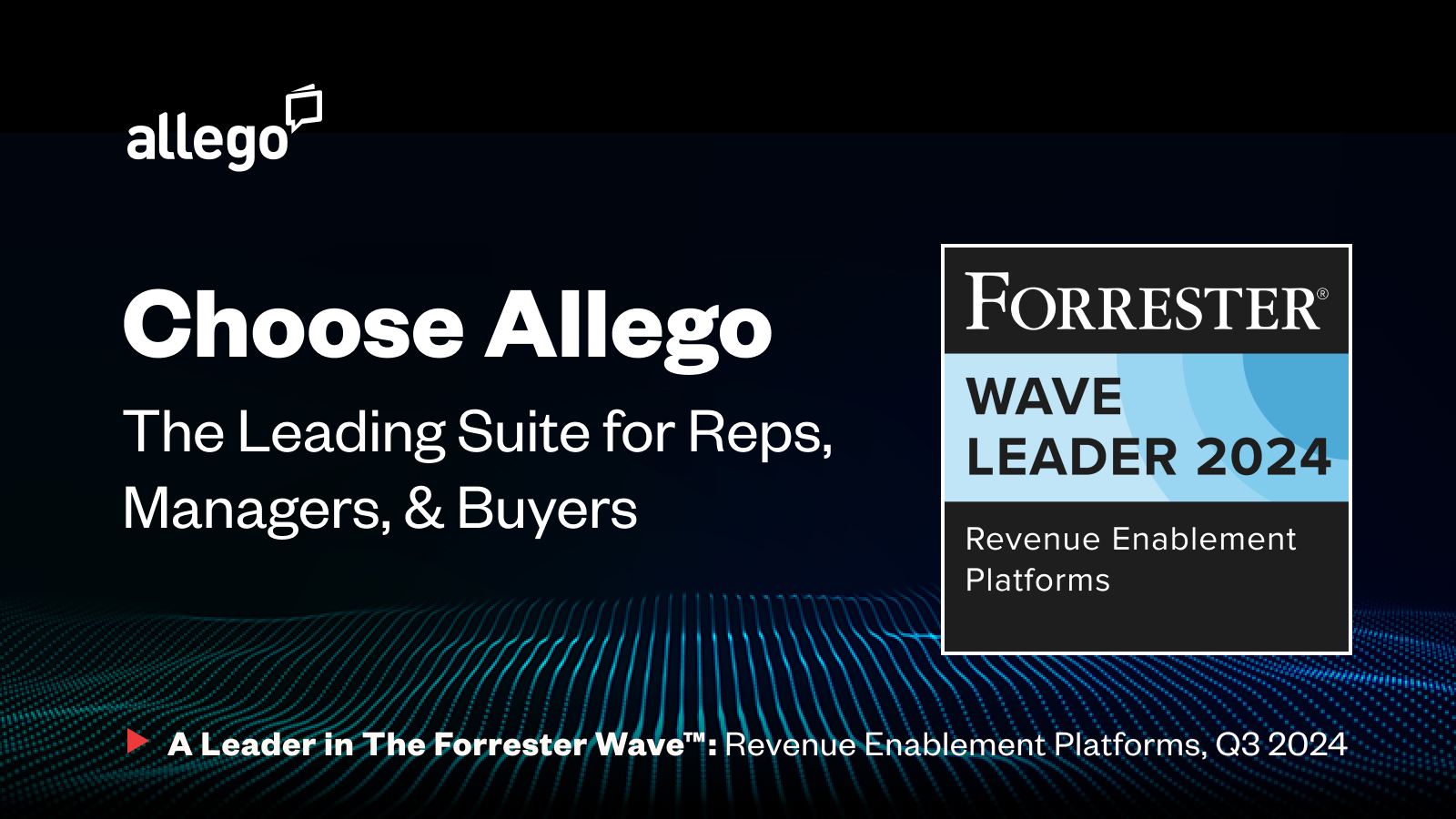Conversation intelligence has several practical business applications across different departments. Human resources, for example. A McKinsey report notes that conversation intelligence can be used to design chatbots that “manage inquiries previously handled by HR service centers, including benefits administration and record-keeping activities.”
Similarly, call centers can use conversational intelligence to improve customer service. IBM claimed that conversational intelligence helped deliver a 337% ROI on its Watson Assistant customer support app.
As for sales: Conversation intelligence uses the same type of AI, but with a sales-oriented focus. Broadly, it’s used to train and coach sales reps to acquire new customers more effectively and efficiently than a human alone can. Conversation intelligence accomplishes this by employing AI to record, transcribe, and analyze sales calls to generate recommendations — powering coaching as well as every aspect of sales enablement with data-driven insights into individual and team performance.
With conversation intelligence, you can use point-of-sale analytics to power team enablement and gain deeper visibility into impact. And you can turn insights into action by analyzing and coaching to recorded sales calls, with AI assistance. Sales leaders can use individual and aggregate data to unlock the next level of actionable intelligence, resulting in smart recommendations for sellers — and informing next best actions across training, content, and selling.
Access to data from conversation intelligence empowers sales enablement managers to identify skill gaps, prescribe training to fix the specific behaviors that lose deals, and extract best practices for their entire team.
As a sales leader, you’ll know exactly where to focus your coaching efforts. Plus, you’ll be more effective and efficient, so you can spend your time on the most important things: motivating your team, strategic planning, and driving revenue growth.
Your goal is to unlock the full potential of your sales team. Sales enablement and sales coaching powered by conversation intelligence are the key.





